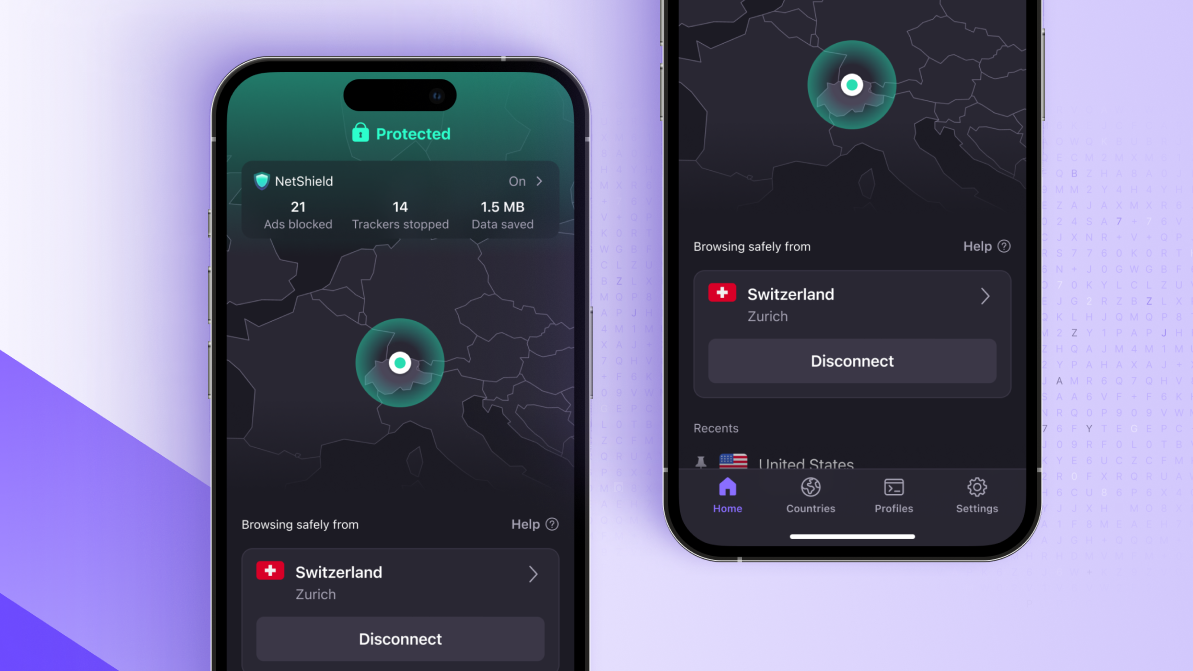Proton expands network coverage on its free VPN to 8 worldwide locations
Norway and Canada are the latest additions

Sign up for breaking news, reviews, opinion, top tech deals, and more.
You are now subscribed
Your newsletter sign-up was successful
- Norway joins Proton VPN Free's server network, bringing the total to eight
- This follows Canadian servers being added in September
- New servers should decrease congestion across the network
Proton VPN Free has been expanding its server network, with Norwegian servers the latest to join the ranks.
This follows the addition of Canadian servers to the service on September 30, 2025, bringing the total number of free server locations to eight.
As of October 3, users of one of TechRadar’s best free VPN picks can now tunnel their traffic through Norway, Canada, Japan, the Netherlands, Poland, Romania, Singapore, and the United States. Yet, it’s still the software that automatically connects to the fastest available server.
The addition of new servers to the free tier should help ensure faster speeds for free users, adding to Proton VPN Free's already impressive service.
With VPN demand skyrocketing in the UK following the controversial Online Safety Act coming into force, this is good news for users both in the UK and the wider world.
Proton VPN Free gets bigger
Tweeting in Norwegian, David Peterson, Proton VPN's general manager, said, "Greetings from Norway! Proton VPN has just added new free VPN servers in Norway for our European vikings".
This announcement came only three days after another Peterson’s post about the addition of Canada to Proton VPN's free tier. Tweeting in French, he said, "Greetings from Canada, where Proton VPN's new free servers are now welcoming refugees from the United States of America."
The new additions appear to be part of a general expansion policy at Proton, with the company also adding 1000 new servers to its premium service back at the beginning of August.
Hilsener fra Norge! Proton VPN har nettopp lagt til nye gratis VPN-servere i Norge for våre europeiske vikinger. pic.twitter.com/XQcqar9g30October 3, 2025
A bigger server network should offer noticeable improvements for free users, including potentially increased speeds across the network as a whole.
VPN servers can only cope with so many users before they start to slow down significantly, so spreading the load across a larger number of servers should help to keep congestion down. Servers nearer to you are also generally faster, so this is a boon for European and North American users alike.
It may also help users have a generally better browsing experience – seasoned VPN users will know how frustrating it is to encounter endless CAPTCHAs or to be blacklisted from a website. More servers make it easier to avoid these, as switching to another server is one of the first ports of call when it comes to solving this common VPN problem.
How does Proton VPN Free's network compare to rivals?
A larger number of server locations offers a lot of benefits to users and is a key stat to watch for when using a free VPN. Compared to its rivals, Proton VPN now matches Hide.me's free VPN with eight locations apiece, while both trail behind the top-rated PrivadoVPN Free, which has servers in 13 locations, including the UK, Brazil, and India.
That said, Proton VPN Free remains the only one among TechRadar’s top picks to lack the option for users to choose the server they want. It’s the service, in fact, to automatically connect you to the fastest server available. This will normally be the one closest to your location, explains Proton.
With Proton VPN Free, you can expect a polished VPN experience with unlimited data, but remember that you need to upgrade to Proton VPN premium, which is one of the best VPNs in the market, to use the VPN for streaming or torrenting.
The free service comes, however, with some crucial security features like a kill switch and post-quantum encryption, despite lacking some others like split tunneling.
Regardless, when choosing a free VPN, be sure to check our free VPN guide to find a safe option, as not all free VPNs are made equal, with some even having potential links to the Chinese military.
You might also like

Freelance writer Joe Chivers has been playing games since the mid-90s, starting out on his brother’s old Amiga. Since then, he has played too many video games and thought too much about them, and has been published in The Guardian, PC Gamer, and Metro. Corner him in a pub and he’ll talk your ear off about why games are a legitimate form of artistic expression.
You must confirm your public display name before commenting
Please logout and then login again, you will then be prompted to enter your display name.